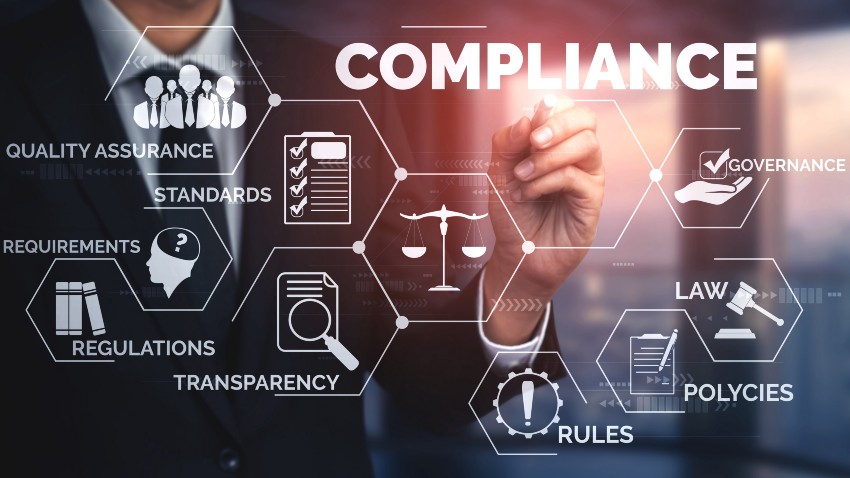JIS C8712 Standards Compliance Testing of Secondary Lithium Cells
The JIS C8712 standard is a critical benchmark for ensuring that secondary lithium cells meet the stringent safety and performance requirements set by Japan's regulatory bodies. This service provides comprehensive testing to ensure compliance with these standards, which are essential for manufacturers aiming to penetrate Japanese markets or maintain compliance in an evolving global market.
Secondary lithium cells are widely used in consumer electronics, automotive applications, and energy storage systems due to their high energy density and long cycle life. The JIS C8712 standard covers a range of tests designed to evaluate the safety, performance, and durability of these batteries under various conditions. Compliance testing is crucial for ensuring that products meet rigorous international standards, thereby enhancing consumer confidence and regulatory approval.
The testing process involves multiple stages, including initial visual inspection, dimensional checks, electrical resistance measurement, capacity test, charge-discharge cycle test, accelerated life test (ALT), high-temperature storage test, low-temperature charge-discharge test, and forced discharge test. Each of these tests is designed to simulate real-world operating conditions and identify potential safety hazards or performance issues.
The visual inspection ensures that the cells are free from defects such as cracks, dents, or visible damage. Dimensional checks confirm that the cell sizes comply with specified tolerances. Electrical resistance measurement helps in identifying any internal short circuits or high-resistance connections. The capacity test measures the actual energy stored by the cell compared to its nominal rating.
The charge-discharge cycle test evaluates how many cycles a battery can undergo before it reaches 80% of its initial capacity, which is crucial for determining its lifespan and performance over time. The accelerated life test simulates long-term use in extreme conditions, while the high-temperature storage test assesses the cell's stability at elevated temperatures. Conversely, the low-temperature charge-discharge test checks the battery's functionality under cold conditions.
The forced discharge test ensures that the cell can safely withstand sudden and potentially damaging discharges without risking damage or fire hazards. These tests not only ensure product safety but also provide valuable insights into the performance characteristics of secondary lithium cells, enabling manufacturers to optimize their designs and processes.
Our laboratory adheres strictly to JIS C8712 guidelines throughout the testing process, ensuring accurate and reliable results. Our experienced technicians use state-of-the-art equipment and follow internationally recognized protocols to deliver precise test outcomes that can be trusted by clients worldwide.
Benefits
Compliance with JIS C8712 standards offers several advantages for manufacturers and distributors:
- Enhanced Safety: Ensures that products meet stringent safety requirements, reducing the risk of fires or other hazards.
- Market Access: Facilitates entry into the Japanese market and enhances credibility in international markets.
- Innovation Support: Provides insights into performance characteristics, aiding in continuous improvement and innovation.
- Regulatory Compliance: Helps businesses stay ahead of regulatory changes and avoid costly penalties.
- Customer Trust: Builds trust with consumers by demonstrating a commitment to quality and safety.
- Competitive Edge: Differentiates products in the market, enhancing brand reputation and customer loyalty.
By ensuring compliance through rigorous testing, manufacturers can build stronger brands and gain competitive advantage. Our services not only meet but exceed industry expectations, providing a robust foundation for long-term success.
Industry Applications
| Application | Description |
|---|---|
| Consumer Electronics | Ensures that batteries used in smartphones, tablets, and other portable devices meet safety standards. |
| Automotive Industry | Supports the development of safe and efficient electric vehicles by ensuring battery integrity. |
| Energy Storage Systems | Guarantees that batteries used in grid-scale storage systems are reliable and safe under various conditions. |
| Medical Devices | Provides safety assurance for medical devices powered by secondary lithium cells, ensuring they operate safely and reliably. |
| Aircraft & Aerospace | Safeguards the use of batteries in aircraft and aerospace equipment, enhancing overall system reliability. |
| Military Applications | Ensures that batteries used in military equipment meet strict safety and performance standards. |
The diverse range of applications underscores the importance of JIS C8712 compliance testing across various sectors. By ensuring that secondary lithium cells meet these stringent standards, we contribute to safer and more reliable products across multiple industries.





